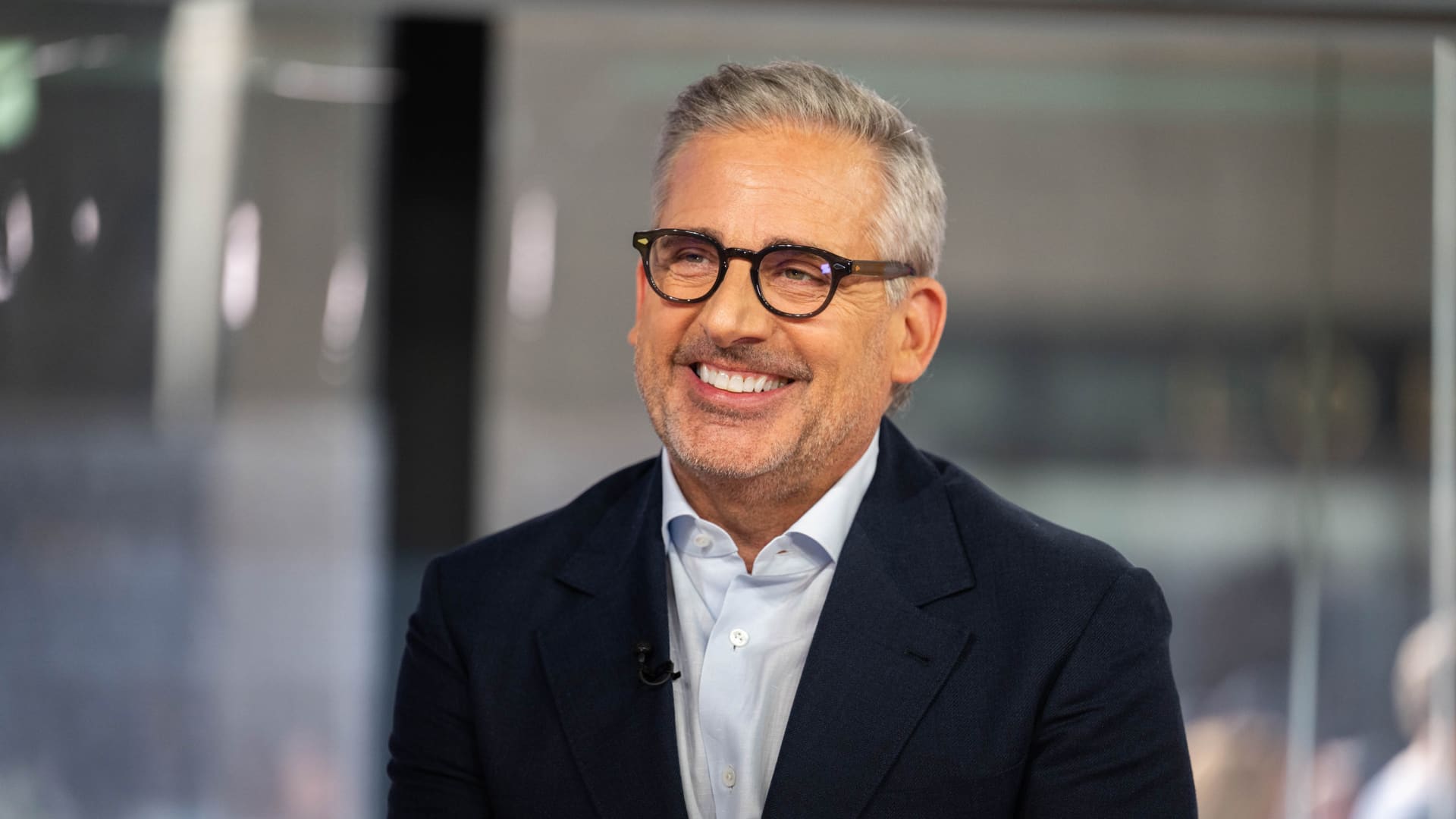Steve Carell, renowned for his iconic role as Michael Scott in *The Office* and his versatile performances across comedy and drama, has recently spotlighted an often-overlooked trait as pivotal to success and well-being: kindness. In his commencement speech at Northwestern University in June 2023, Carell emphasized that kindness is not a weakness but a “very potent strength.” This perspective aligns with insights from business leaders and scientific research, positioning kindness as a cornerstone of leadership, collaboration, and societal progress.
The Power of Kindness in Personal and Professional Life
Carell’s advocacy for kindness challenges the conventional narrative that success hinges solely on talent, intellect, or determination. Instead, he frames kindness as a form of personal power that fosters meaningful relationships, builds trust, and opens doors. His own career exemplifies this ethos. Colleagues and collaborators frequently describe Carell as respectful, thoughtful, and approachable—qualities that have cemented his reputation as a professional who values kindness alongside creativity.
For young graduates entering a complex world, Carell’s message is particularly resonant. He argues that kindness is a skill that “we need more of in the world,” promoting an inclusive and supportive culture in both professional and personal spheres. Unlike traditional advice that prioritizes networking or ambition, kindness acts as a social glue, smoothing interactions and creating environments where innovation and collaboration can flourish. This perspective is supported by research in organizational psychology, which shows that kind leaders cultivate loyal teams, reduce workplace conflict, and foster resilience, ultimately driving long-term success.
Scientific and Business Validation of Kindness
Carell’s stance on kindness is not just anecdotal; it is backed by extensive research. Studies in interpersonal behavior reveal that kindness is linked to increased social support, better mental health, and enhanced problem-solving capabilities. Acts of kindness trigger positive neurochemical responses in both the giver and recipient, fostering empathy, cooperation, and social bonding. This neurobiological reward system reinforces a cycle where kindness becomes personally fulfilling and socially advantageous.
In the business world, CEOs increasingly recognize emotional intelligence—of which kindness is a key component—as critical for effective leadership. Kind leaders are more likely to inspire loyalty, reduce turnover, and create a positive organizational culture. For example, companies like Google and Microsoft have invested in programs that promote empathy and kindness in the workplace, recognizing that these traits contribute to higher employee satisfaction and productivity.
Steve Carell’s Personal and Professional Embodiment of Kindness
Carell’s own experiences underscore the practical benefits of kindness. Despite his celebrity status, he is known for his humility and genuine demeanor, qualities that have helped him sustain long-term collaborative relationships. His ability to balance humor with empathy has allowed him to transition seamlessly between comedic and dramatic roles, demonstrating the versatility of kindness in different contexts.
The characters Carell portrays often reflect the complexities of kindness. For instance, his character Michael Scott in *The Office* is endearingly flawed but ultimately reveals the importance of respect and connection in leadership. This nuanced portrayal mirrors Carell’s real-life message: kindness is not naive or simplistic but strategically powerful and emotionally intelligent. By embodying these qualities, Carell has not only achieved professional success but also inspired others to adopt a similar approach.
Practical Strategies for Cultivating Kindness
Embracing kindness as a “potent strength” involves actionable strategies for personal and professional development. For individuals, this means prioritizing empathy, patience, and respect as foundational competencies. Active listening, recognizing shared humanity, and responding thoughtfully rather than reactively are key practices. For organizations, fostering a culture of kindness involves rewarding collaboration over competition, encouraging open communication, and modeling respectful behavior at all levels.
Communities can also benefit from promoting kindness as a collective value. Initiatives such as community service, mentorship programs, and public awareness campaigns can reinforce the importance of kindness in daily life. By nurturing environments where kindness is valued, societies can build stronger, more cohesive networks that support individual and collective well-being.
Conclusion: Kindness as a Transformative Force
Steve Carell’s emphasis on kindness reframes success not merely as an outcome of talent or ambition but as a reflection of character and how individuals treat one another. This perspective challenges prevailing narratives about power and success, offering a vision of achievement built on respect, empathy, and genuine human connection. By championing kindness as a “very potent strength,” Carell provides a roadmap for navigating life and career with integrity, effectiveness, and heart.
The implications of fostering kindness extend beyond personal gain; they influence societal cohesion and global well-being. In a world often driven by competition and individualism, Carell’s message serves as a reminder that kindness is not a soft skill but a powerful tool for creating positive change. By embracing kindness, individuals and organizations can build stronger relationships, foster innovation, and contribute to a more compassionate and connected world.











